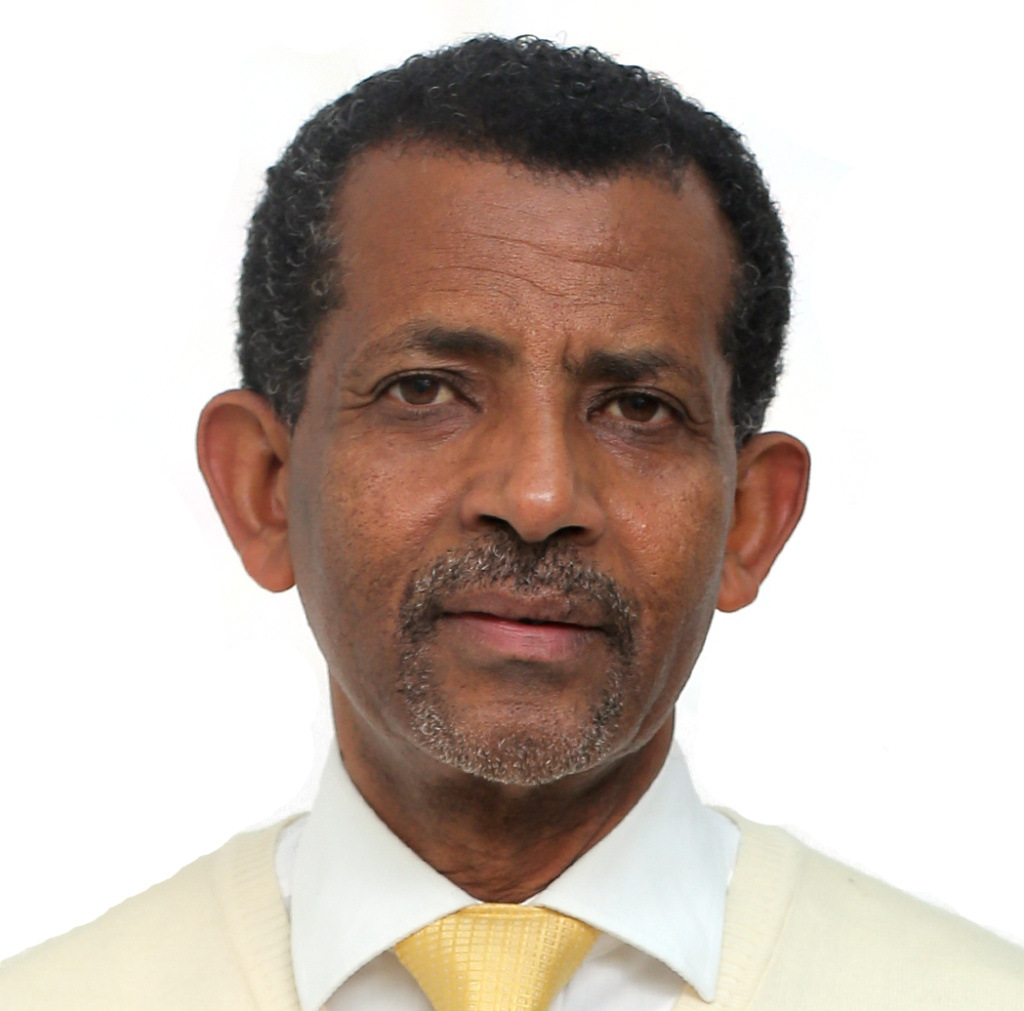“Life is simple if we reflect upon nature and learn from it. People will remain healthy if they live in harmony with the healing energies of Mother Nature. The doctor of the future will hopefully be scientifically sound while being intuitively alert to the signals of nature.
Let food be thy medicine and medicine be thy food. Modern medical science is marvelous but is limited by its focus on physical means and methods of treatment. Methods imposed from outside whether they are biochemical, mechanical or surgical, they drastically disrupt the body’s self-regulatory functions and make it vulnerable to toxins and debilitations. By focusing on relieving short-term symptoms, one ignores the underlying root of the illness, which is exponentially detrimental to curing of one’s illness. “ – Late Schree R.N. Kapoor.
It’s very true that the simplest healing tools are the most powerful. It’s also true that these are the ones that are most often overlooked. It should be a priority to align ourselves with nature every single day — in how we eat, how we move, and how we relax etc. Nature is a very powerful healing agent. As much as possible we have to eat simple healthy foods (whole-food plant-based) and hang out in nature (by the sea or ocean, spend time with animals , exercise outside, get out hands dirty, let our skin soak up the sun, walk through the fields, through a rainforest, walk barefoot on the grass or sand etc.) as much as possible. Richard Louv, the author of “Last Child in the Woods” writes about the importance of nature in the lives of children. He coined the term, “nature deficit disorder”. According to Richard Louv, “Nature deficit disorder describes the human costs of alienation from nature, among them: diminished use of the senses, attention difficulties, and higher rates of physical and emotional illnesses. The disorder can be detected in individuals, families, and communities, nature deficit can even change human behavior in cities, which could ultimately affect their design, since long-standing studies show a relationship between the absence, or inaccessibility, of parks and open space with high crime rates, depression, and other urban maladies.”
Let me finish with few quotes:
“I felt my lungs inflate with the onrush of scenery—air, mountains, trees, people. I thought, ‘This is what it is to be happy.'” —Sylvia Plath, The Bell Jar
“Not just beautiful, though—the stars are like the trees in the forest, alive and breathing. And they’re watching me.” —Haruki Murakami, Kafka on the Shore
SHALLA WELLNESS CENTER , Tel. 011 822 9860 Mobile 0920 244516
www.shallawellnesscenter.com

